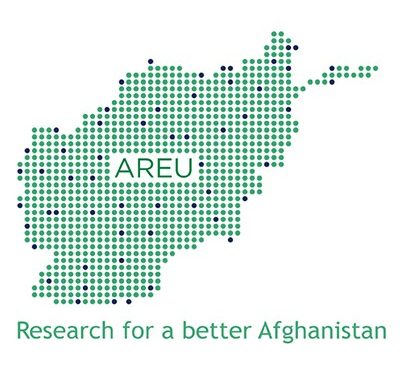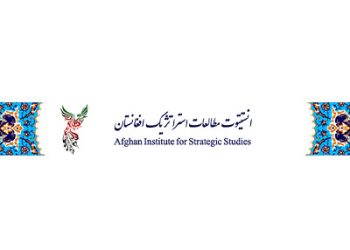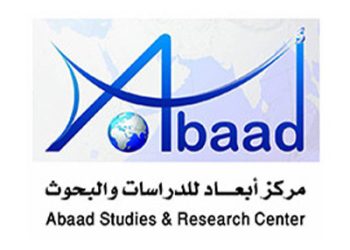Established in 2000 in Islamabad as the “Strategic Monitoring Unit” by the Afghan Support Group, the Unit was relocated to Kabul in 2002 as the Afghanistan Research and Evaluation Unit. As an independent think tank and research organization, the Unit acts with the mission of guiding policies and practices based on qualified and data-based research. Conducting a wide range of research and projects in social, economic and political fields, the organization aims to contribute to Afghanistan’s social welfare by addressing all layers of society, from civil society actors to government officials. The unit basically has six research areas. In the “Governance and Political Economy” research area, the organization focuses on regional governance, corruption and transparency, as well as issues such as women’s rights, alternative or non-state justice practices and aims to contribute to strengthening the perception of democracy.
In the area of “Natural Resource Management”, the organization conducts pioneering work on the economics and impact of opium production in Afghanistan, water resources management, land use policies for nomadic communities, mining and the extractive industry. “Social Protection” focuses on service delivery in the health sector, as well as access to education, particularly for women who are at risk due to decreasing donations and funding and increasing insecurity. In the area of “Legal Studies and Constitutional Review”, research is conducted on the 2004 Constitution and dialogues are encouraged. Through work on this theme, the Afghan parliament, forms of government, judicial review and governance are examined. “Regional Cooperation and Migration Studies” focuses on regional cooperation, taking into account the lasting impact of regional engagement and cooperation initiatives on the political economy of development and growth and migration management.









































